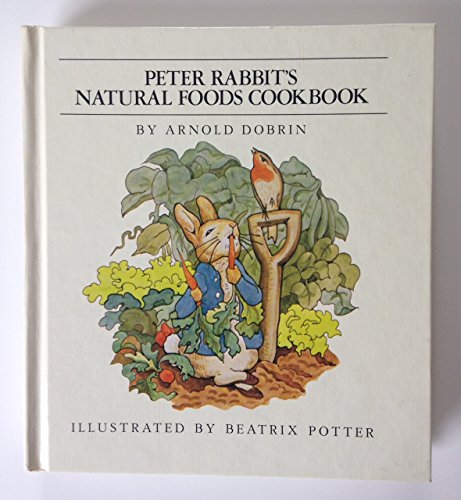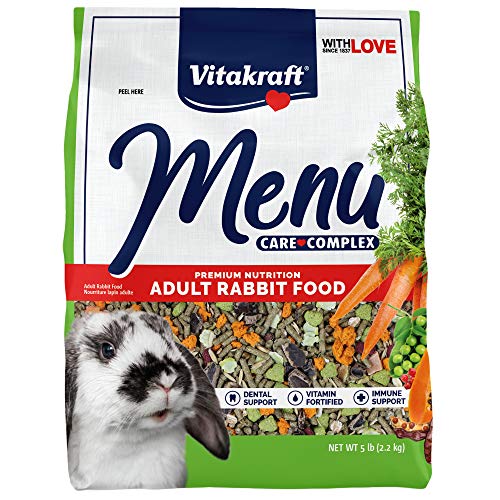Blaming you for this post Grumpy. 
You mentioned in another post how you'd seen a general decline in rabbit health over the past 20 years.
I have to say...so have I...and I'm not that old.
(I cull
But I do know the rabbits I raised a teen had ZERO health issues beyond ear mites and it seems all I hear about these days are health issues in rabbits.
I know I fight a seasonal thing here which I can't get rid of for nothing! Babies in the fall, does in the spring ONLY does on kits. What it is, I don't know, just a general "gut thing" I just can't rid of it completely...mostly, but not completely.
But that's neither here nor there. I cull for health quickly in my herd as I don't want to sell sick rabbits and I don't want to deal with sick rabbits. That's got me down from losing babies almost every litter (I cull for nestbox eye as well) to ONLY twice a year for one-two week each time (depends on how hard the seasons change). Perhaps with time I'll get rid of that as well.
BUT back to my question....
Let's say I have a kit who has an "OFF" day... just one where I think oh...that's one's going to be on my hit list. Mopes around acts not quite right. Recovers well enough...is good happy healthy eating... Should I still cull OR do what I do... I've had a bunny that acted like it was GOING to be sick but never actually GOT sick. I've given it ample recovery time and it's currently fine.
What I do currently is I sell it as a PET. Advise DO NOT breed this rabbit.
Have I just then contributed to the decline in the overall rabbit population???
Interesting to note: I sold a meat kit (along with a few others) to FILL A MEAT order for a young fellow. I know he occasionally keeps meat order kits back to breed so I specifically told him DO NOT BREED this animal. She'd never been sick other than being the runty one of the litter. He did. She lost first and second litter though she outwardly appeared as healthy as a horse. He gave up on her and she came back to me to fill my dog food order. Found that interesting.... ancake:
ancake:
You mentioned in another post how you'd seen a general decline in rabbit health over the past 20 years.
I have to say...so have I...and I'm not that old.
(I cull
But I do know the rabbits I raised a teen had ZERO health issues beyond ear mites and it seems all I hear about these days are health issues in rabbits.
I know I fight a seasonal thing here which I can't get rid of for nothing! Babies in the fall, does in the spring ONLY does on kits. What it is, I don't know, just a general "gut thing" I just can't rid of it completely...mostly, but not completely.
But that's neither here nor there. I cull for health quickly in my herd as I don't want to sell sick rabbits and I don't want to deal with sick rabbits. That's got me down from losing babies almost every litter (I cull for nestbox eye as well) to ONLY twice a year for one-two week each time (depends on how hard the seasons change). Perhaps with time I'll get rid of that as well.
BUT back to my question....
Let's say I have a kit who has an "OFF" day... just one where I think oh...that's one's going to be on my hit list. Mopes around acts not quite right. Recovers well enough...is good happy healthy eating... Should I still cull OR do what I do... I've had a bunny that acted like it was GOING to be sick but never actually GOT sick. I've given it ample recovery time and it's currently fine.
What I do currently is I sell it as a PET. Advise DO NOT breed this rabbit.
Have I just then contributed to the decline in the overall rabbit population???
Interesting to note: I sold a meat kit (along with a few others) to FILL A MEAT order for a young fellow. I know he occasionally keeps meat order kits back to breed so I specifically told him DO NOT BREED this animal. She'd never been sick other than being the runty one of the litter. He did. She lost first and second litter though she outwardly appeared as healthy as a horse. He gave up on her and she came back to me to fill my dog food order. Found that interesting....






















































